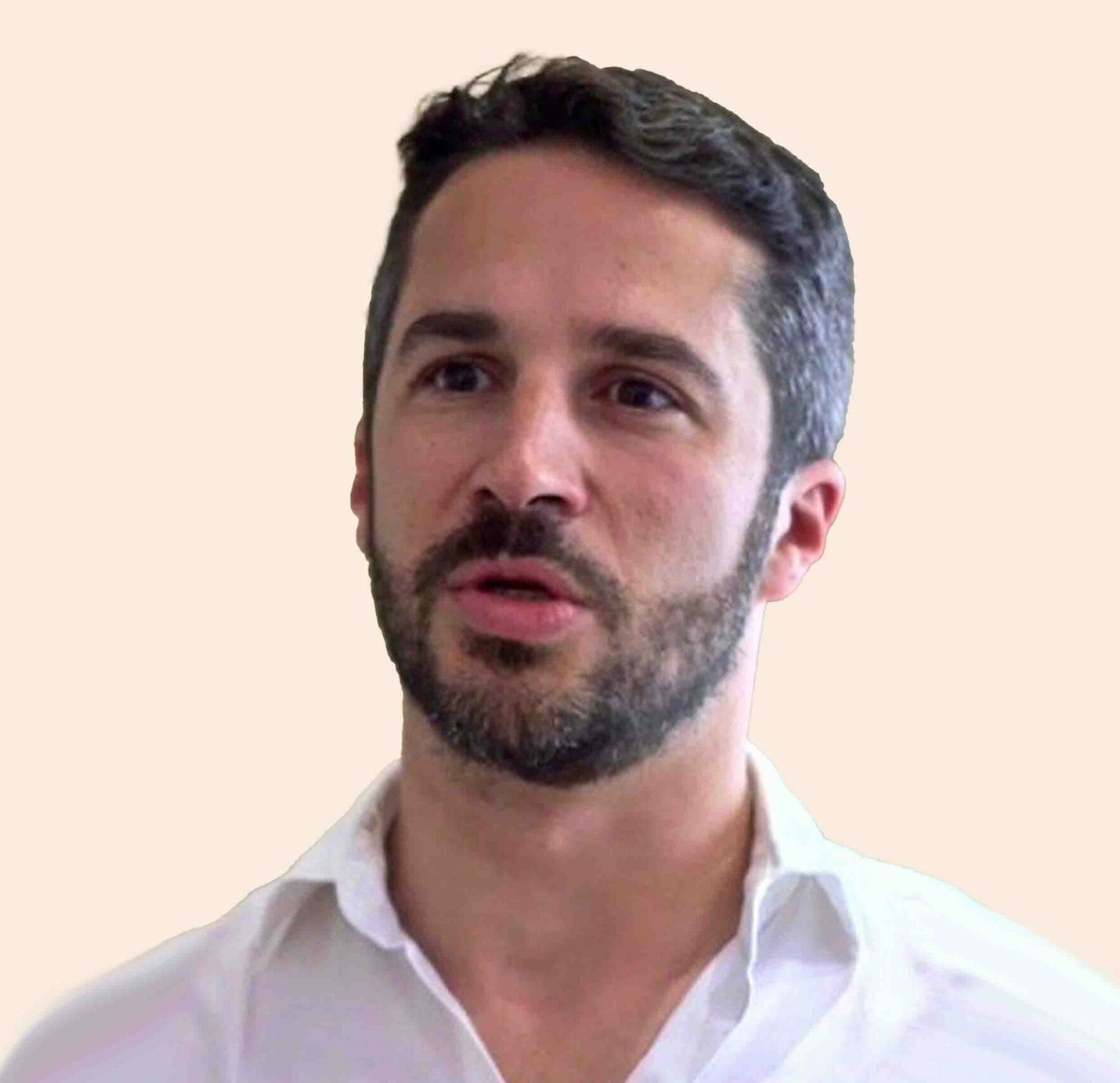The course will analyze the complex presence of Islamist networks in Europe and North America, with a particular focus on the Muslim Brotherhood. The world’s oldest Islamist organization, in fact, has established a presence in the West since the 1960s and its networks, while numerically small, have managed to reach a position of disproportionate influence within local Muslim communities and in the public discourse. Thanks to a combination of sophisticated political skills and access to large resources, individuals and organizations linked to the movement have been able to play a substantial role in shaping the religious and political perceptions of many Western Muslims and how Western policymakers, media outlets and civil society see Islam and Muslims.
The course will analyze the tactics and strategies utilized by these networks. It will then outline the tripartite challenge they pose, as outlined in current Western debates. The first is the negative impact that Brotherhood networks have on social cohesion and the integration of Muslims in the West. In the French debate, this is often referred to as séparatisme, the social engineering project by Islamists to create a parallel society for Western Muslims embracing values that are different from the rest of society and antagonistic towards it.
The second challenge is security-related. While the Brotherhood is not engaged in terrorism in the West, its narrative can be conducive to it, de facto creating a fertile environment for violent radicalization. Moreover, Brotherhood networks in the West do engage in various activities in support of Hamas, a designated terrorist organization in both the EU and the United States. Finally, Brotherhood networks play a key role in disseminating antisemitic views within Western Muslim communities and beyond, chiefly by weaponizing the Israeli-Palestinian conflict.
Session 1: What is the MB in the West?
The session will outline the history of the MB in the West, from how it established a presence in various European and North American countries starting in the 1950s to how it evolved until today. The session will also address the complex question of identification, providing a nuanced framework to assess when groups and individuals belong to the highly secretive network and to what degree.
Session 2: How the MB in the West operates
The session will address the different tactics utilized by MB networks in the West, from how it operates within Muslim communities to how it engages with Western policymakers, media and civil society. A particular focus will be devoted to the issue of funding.
Session 3: How the West sees the MB
The session will examine patterns in how Western policymakers, law enforcement/intelligence agencies, media outlets, political parties, academia, religious organizations and civil society assess and engage with MB networks.
Session 4: The MB and antisemitism
The session will examine the relationship between the MB and antisemitism, from the group’s literature to its role in today’s anti-Israel protest movement.
Spring 2025
Online
4
March 18, March 25, April 1, April 8, 2025
Tuesdays, 11:00AM EST
 Dr. Lorenzo Vidino is the Director of the Program on Extremism at The George Washington University. An expert on Islamism in Europe and North America, his research over the past 20 years has focused on the mobilization dynamics of jihadist networks in the West; governmental counter-radicalization policies; and the activities of Muslim Brotherhood-inspired organizations in the West.
Dr. Lorenzo Vidino is the Director of the Program on Extremism at The George Washington University. An expert on Islamism in Europe and North America, his research over the past 20 years has focused on the mobilization dynamics of jihadist networks in the West; governmental counter-radicalization policies; and the activities of Muslim Brotherhood-inspired organizations in the West.